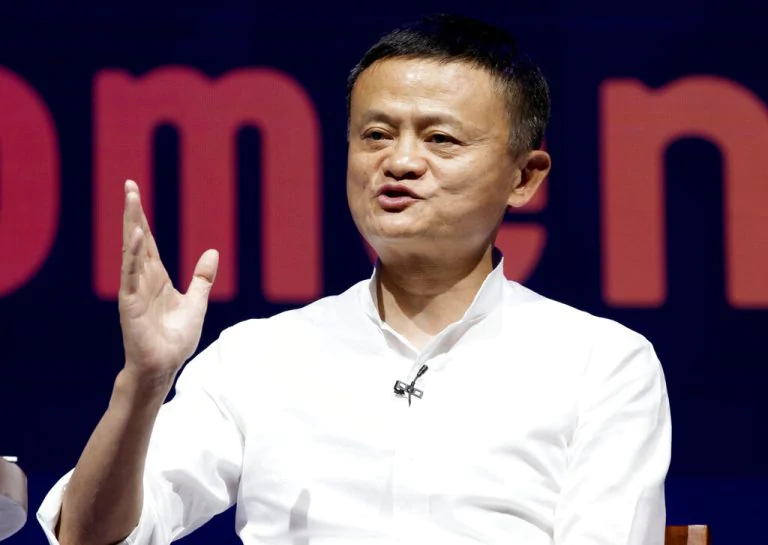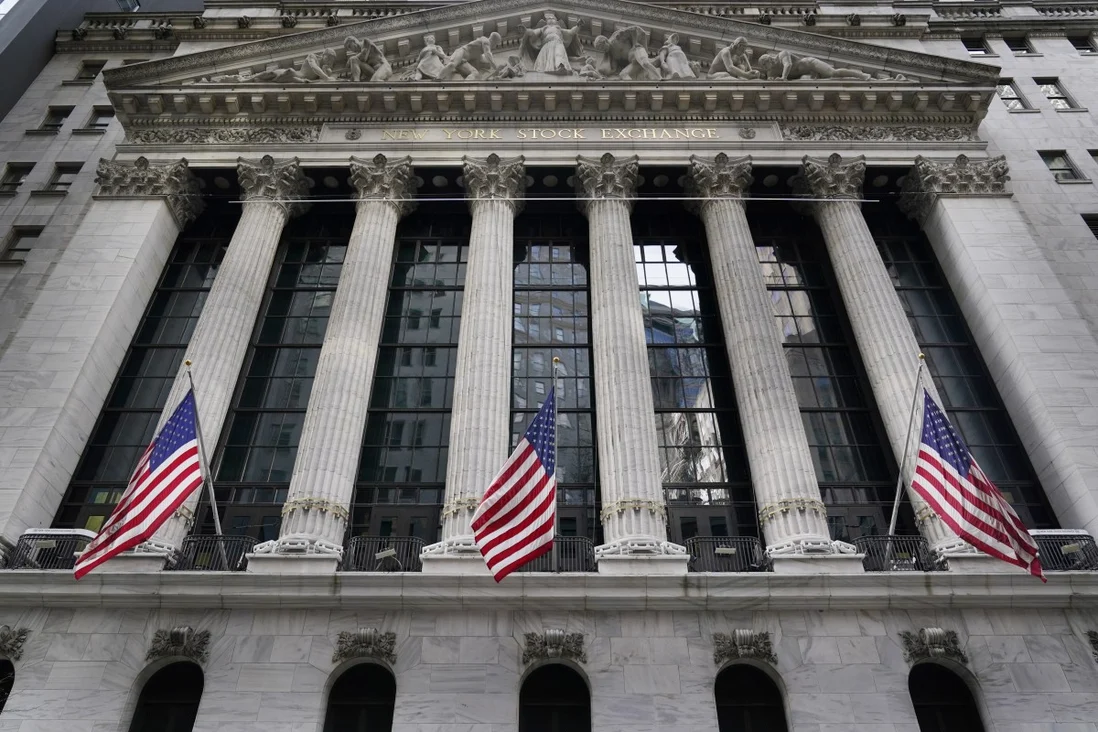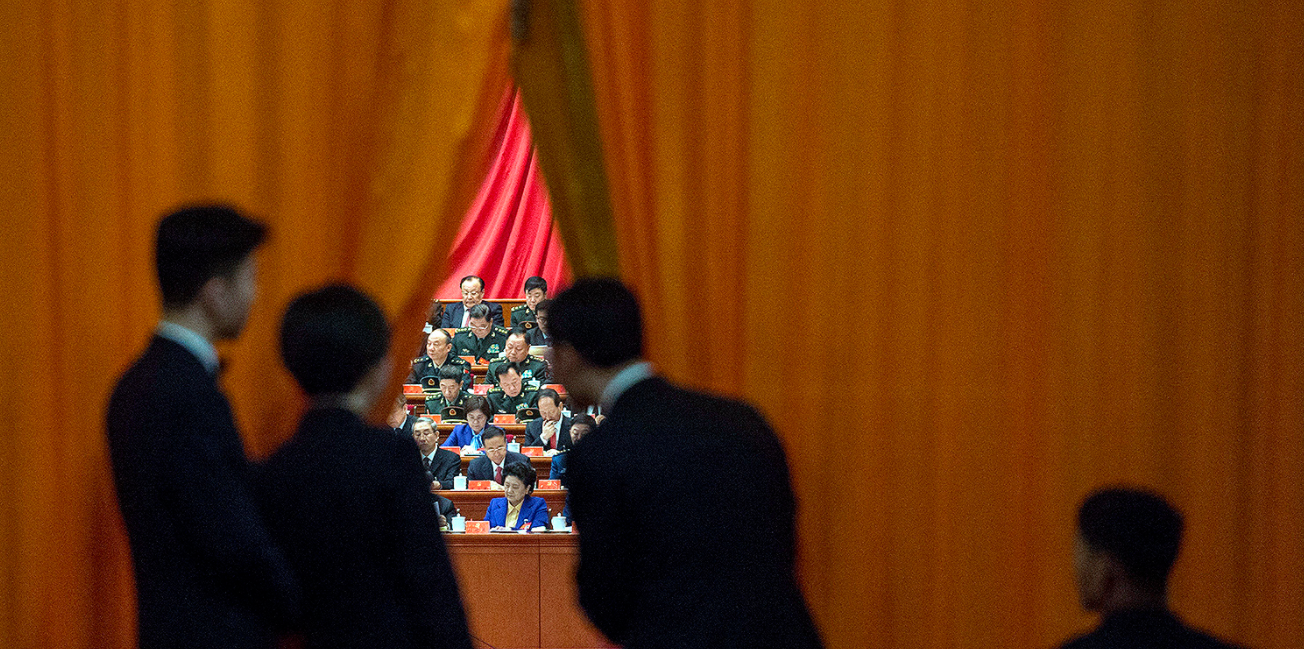Europe handed China a strategic victory by signing investment treaty
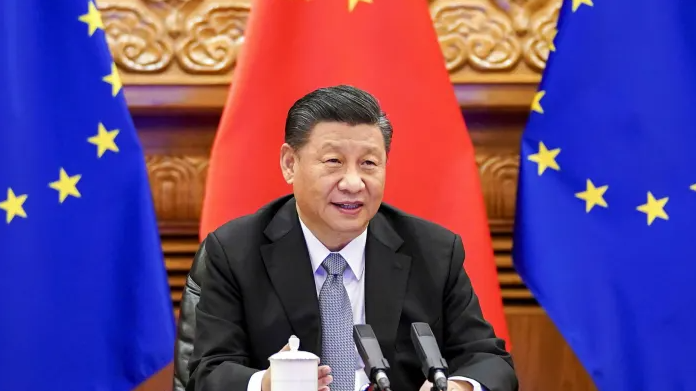 |
| China’s President Xi Jinping (Photo: AP) |
China - EU investment strategy - 7 years of negotiation
On December 30, 2020, China’s President Xi Jinping held a long-awaited video conference with European Union leaders including Germany’s Chancellor Angela Merkel and French President Emmanuel Macron. After the video call, the European Union announced in a press statement, “The EU and China concluded in principle the negotiations for a Comprehensive Agreement on Investment (CAI)", according to The Diplomat.
The negotiations of the EU-China CAI were first announced in October 2013, when the European Council adopted a mandate for the Commission to negotiate an investment agreement with China on behalf of the EU, and, in November 2013 the launch of negotiations was announced at the 16th EU-China Summit. The first round of talks took place in January 2014, but only in 2016 the parties agreed upon the main scope of the CAI and moved on to specific text-based negotiations.
In addition to rules against the forced transfer of technologies, CAI will also be the first agreement to deliver on obligations for the behavior of state-owned enterprises, comprehensive transparency rules for subsidies, and commitments related to sustainable development. The CAI will ensure that EU investors achieve better access to a fast-growing 1.4 billion consumer market, and that they compete on a better level playing field in China. This is important for the global competitiveness and the future growth of the EU industry, said EU Commission.
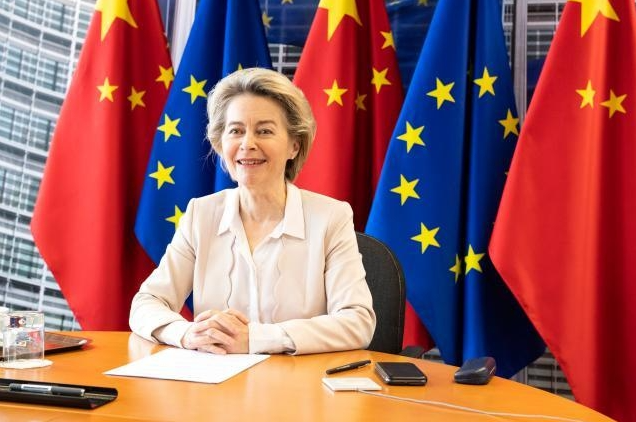 |
| Ursula von der Leyen, President of the European Commission, participates at EU-China leaders’ meetings via videoconference. (Photo: EC – Audiovisual Service) |
Diplomatic coup after US battles
When EU and Chinese negotiators began discussions on an investment agreement seven years ago, Beijing hoped it would help counter the Trans-Pacific Partnership trade pact championed by Barack Obama, the former US president.
The deal, which was referred to as "disappointed" by Nikkei Asia, is limited to foreign direct investment and contains no trade clauses. While some aspects of the deal are about more than market access, including sustainability, climate change, international conventions, and labor, those provisions remain general and contain limited enforcement possibilities.
The TPP was a far more ambitious project than the China-EU Comprehensive Agreement on Investment and a potential geopolitical coup for Washington, as it excluded Beijing. But Donald Trump, Obama’s successor, abandoned the TPP on his first full working day in office. In the end, it was China’s president Xi Jinping who would steal a march on his US rival by signing both the CAI and the Regional Comprehensive Economic Partnership (RCEP), a separate regional deal with many of America’s closest Asia-Pacific allies, in the waning days of Trump’s administration.
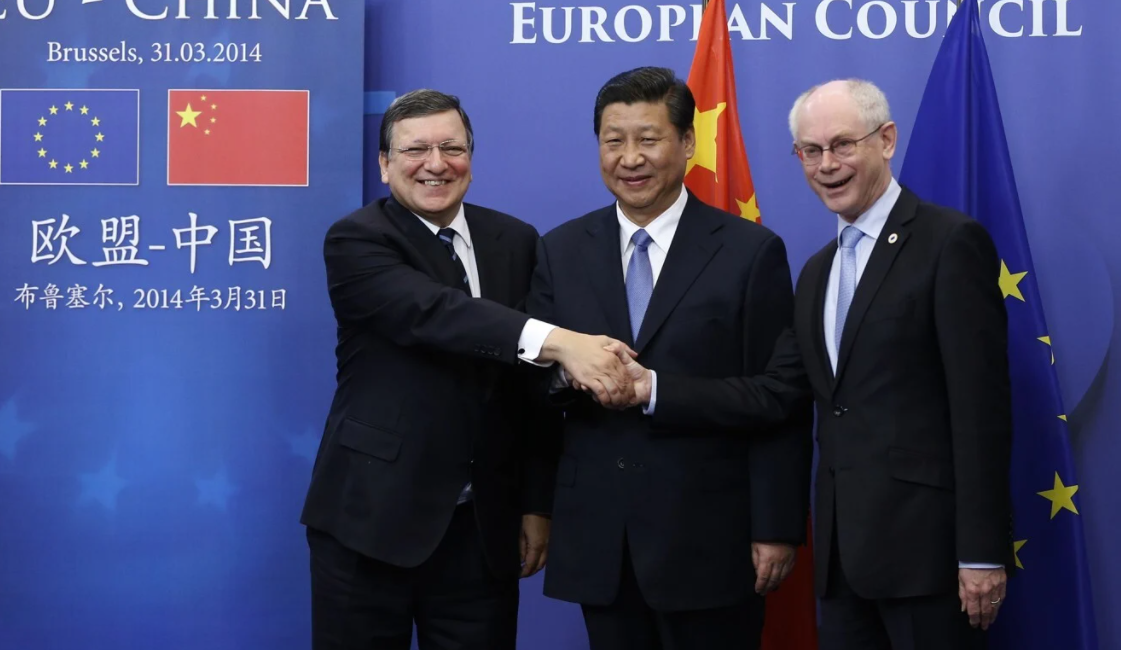 |
| Chinese President Xi Jinping meets then European Council President Herman Van Rompuy (right) and then European Commission President Jose Manuel Barroso during a visit to Brussels in 2014. (Photo: Reuters) |
Who's the real winner?
All EU member states except Ireland have already concluded bilateral investment treaties with China. These agreements differ markedly from one another, but they all cover only the post-entry protection of investment, not market access. The EU-China “Comprehensive” Agreement on Investment was intended to cover market access as well as investment protection. At the end of the day, the agreed text of the agreement only concerns market access, with investment protection still left to negotiate for a future agreement. Negotiations for the CAI were not easy: they started in 2013 and took 35 rounds of talks.
The deal was sufficiently important for Xi to intervene personally. Clearly, he considered this a strategic issue and sensed that the deal needed to be struck within the window of opportunity before the end of the German presidency of the EU Council and during the lull between the Trump and the Biden administrations in the U.S, commented by The Diplomat.
The EU says that this deal will “discipline the behavior” of China’s state-owned enterprises, which will now be required “to act in accordance with commercial considerations”. But China made very similar commitments when it joined the World Trade Organization in 2001. Pledges to rein in state subsidies made 20 years ago are now being offered up again as fresh concessions.
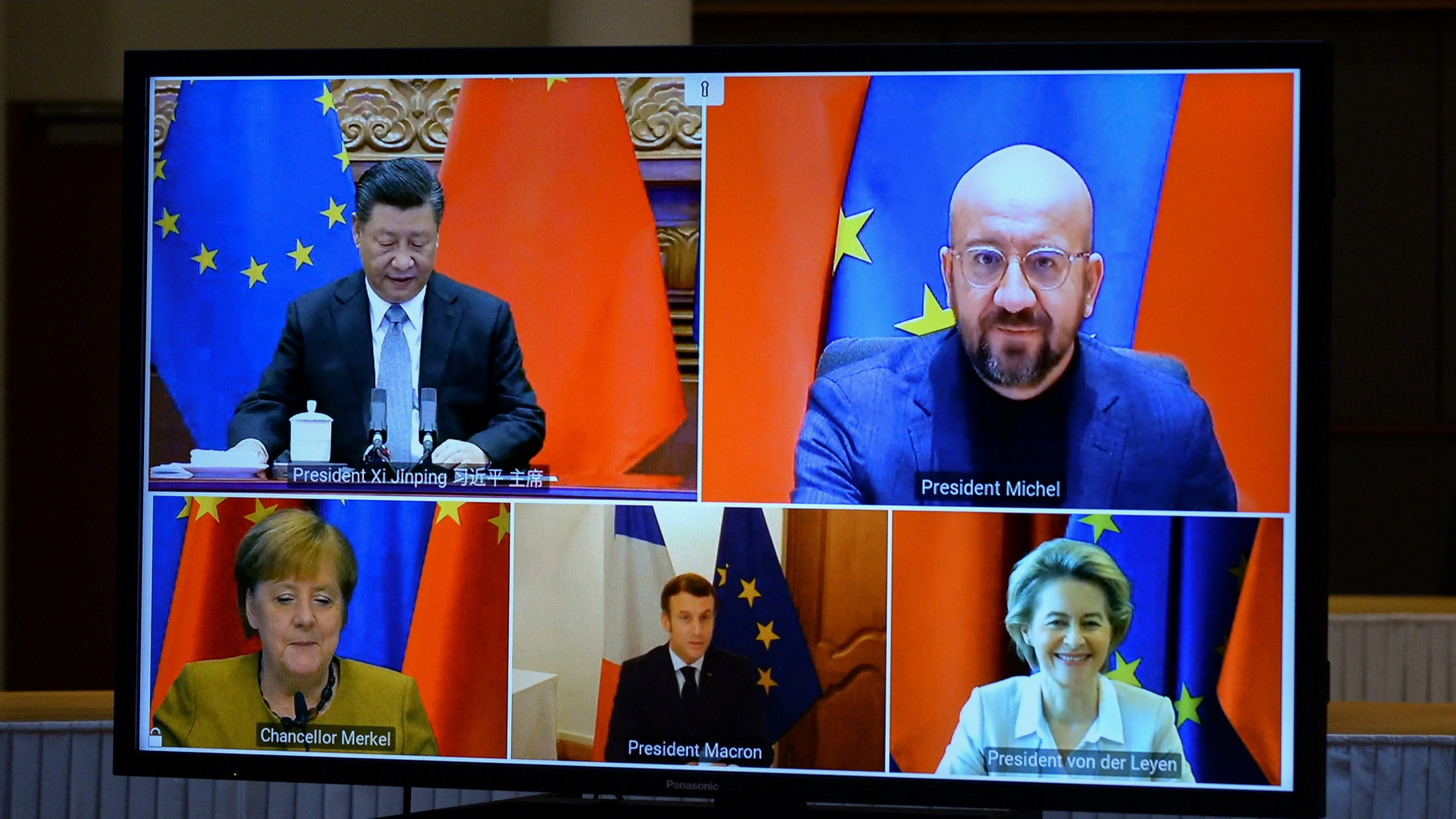 | China and Europe reach investment deal, despite US concerns China and Europe has finalized an agreement on Wednesday on an investment pact that will deepen ties between the world’s second – and third – ... |
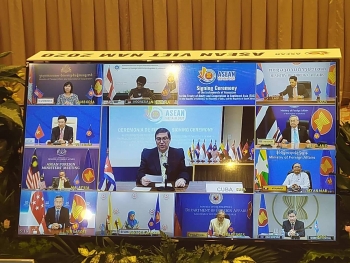 | Three more countries join ASEAN’s Treaty of Amity and Cooperation Representatives of Colombia, Cuba and South Africa on November 10 signed the instruments in a virtual ceremony, in which the three countries join the ASEAN ... |
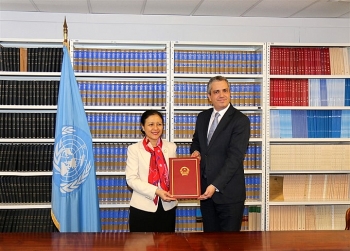 | UN treaty banning nuclear weapons to enter into force in 90 days On October 24, 2020, the UN Treaty on the Prohibition of Nuclear Weapons (TPNW) has reached 50 ratifications. This means that in 90 days the ... |
Recommended
 World
World
Pakistan NCRC report explores emerging child rights issues
 World
World
"India has right to defend herself against terror," says German Foreign Minister, endorses Op Sindoor
 World
World
‘We stand with India’: Japan, UAE back New Delhi over its global outreach against terror
 World
World
'Action Was Entirely Justifiable': Former US NSA John Bolton Backs India's Right After Pahalgam Attack
Popular article
 World
World
US, China Conclude Trade Talks with Positive Outcome
 World
World
Nifty, Sensex jumped more than 2% in opening as India-Pakistan tensions ease
 World
World
Easing of US-China Tariffs: Markets React Positively, Experts Remain Cautious
 World
World

